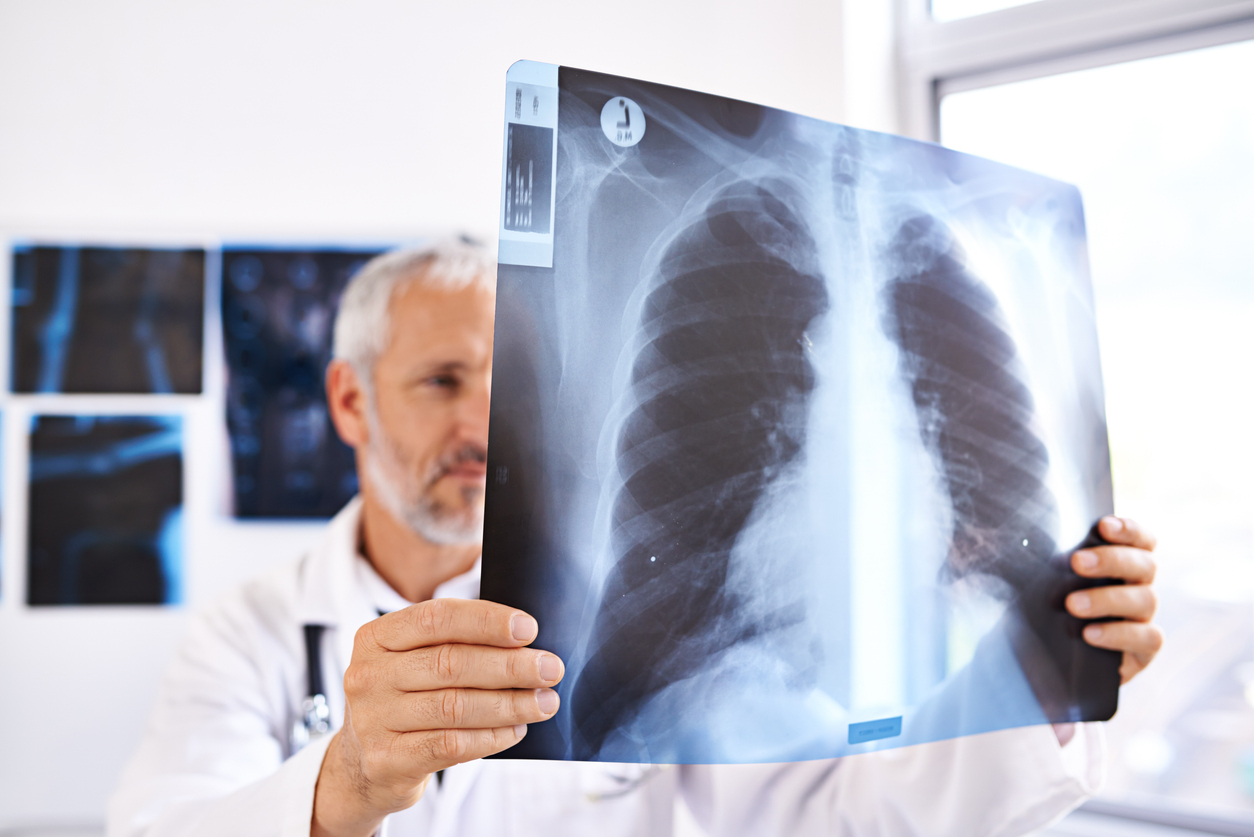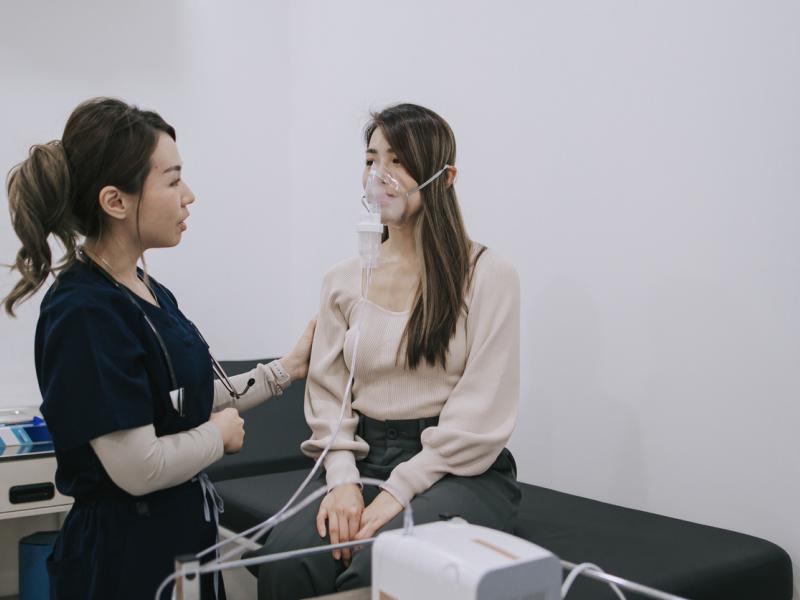Mouth taping is a practice that promotes nasal breathing during sleep, which may improve sleep...
Read More
Breathing should be effortless, but for those living with pulmonary fibrosis, each breath can feel like a struggle. At Inspira, we understand the challenges of this condition and are here to provide the care and support you need to find relief.
Pulmonary fibrosis is a group of chronic lung conditions characterized by the thickening and scarring of lung tissue, which impairs the lungs' ability to function. It can result from exposure to environmental toxins like asbestos or silica dust, certain medications, radiation therapy, autoimmune diseases and infections. However, many cases are idiopathic, without a known cause. Pulmonary fibrosis causes scar tissue to build up over time, gradually replacing healthy lung tissue, causing irreversible damage and impairing the exchange of oxygen and carbon dioxide in the lungs.
Living with pulmonary fibrosis comes with a range of challenging symptoms that affect daily life. Some common signs and symptoms of pulmonary fibrosis include:
Diagnosing pulmonary fibrosis typically involves a medical history review, physical examination, imaging tests such as chest X-rays or CT scans, and pulmonary function tests (PFTs) to assess lung function and capacity. In some cases, a lung biopsy may be necessary to confirm the diagnosis and determine the extent of lung damage.


Pulmonary rehabilitation, including exercise training, education on breathing techniques and support with symptom management, offers a structured approach to improving lung function and overall well-being.

Your doctor may recommend supplemental oxygen therapy if you have advanced pulmonary fibrosis and low blood oxygen levels. This treatment helps improve oxygenation and alleviate symptoms.

Medications, including corticosteroids, immunosuppressants and antifibrotic drugs, which target the fibrosis process in the lungs to reduce scarring and preserve lung function, can help alleviate symptoms and slow the progression of pulmonary fibrosis.
At Inspira, we understand the challenges of living with pulmonary fibrosis, and our multidisciplinary team is dedicated to providing personalized care and support. From accurate diagnosis to comprehensive treatment plans tailored to your needs, we’re committed to helping you breathe easier and live your best life. With state-of-the-art facilities and a compassionate approach to care, you can trust Inspira to be your partner in managing pulmonary fibrosis with confidence and dignity.
While the exact cause of pulmonary fibrosis is often unknown, certain risk factors, including exposure to environmental toxins (such as asbestos, silica dust or metal dust), a history of smoking, certain medications, genetic predisposition and autoimmune diseases can increase the likelihood of developing the condition.
Pulmonary fibrosis is a specific type of lung disease characterized by the scarring of lung tissue. Unlike conditions that mainly affect airway function, such as chronic obstructive pulmonary disease (COPD) or asthma , pulmonary fibrosis involves damage to the lungs’ interstitial tissue.
Preventing pulmonary fibrosis involves minimizing exposure to known risk factors, such as avoiding smoking and limiting exposure to environmental toxins like asbestos and silica dust. Early detection and treatment of underlying conditions, such as autoimmune disease, may also help reduce the risk of developing pulmonary fibrosis.
Managing pulmonary fibrosis can involve a combination of lifestyle modifications, medications and supportive therapies, including quitting smoking, staying physically active, avoiding respiratory irritants, attending pulmonary rehabilitation programs and adhering to prescribed treatment regimens. Regular follow-up appointments are vital for monitoring disease progression and adjusting your treatment plan as needed.

Mouth taping is a practice that promotes nasal breathing during sleep, which may improve sleep...
Read More
Walking pneumonia is a mild but disruptive form of pneumonia with symptoms like a lingering cough...
Read More
Long COVID refers to a range of persistent symptoms that can linger for weeks, months or years after...
Read More
The material set forth in this site in no way seeks to diagnose or treat illness or to serve as a substitute for professional medical care. Please speak with your health care provider if you have a health concern or if you are considering adopting any exercise program or dietary guidelines. For permission to reprint any portion of this website or to be removed from a notification list, please contact us at (856) 537-6772